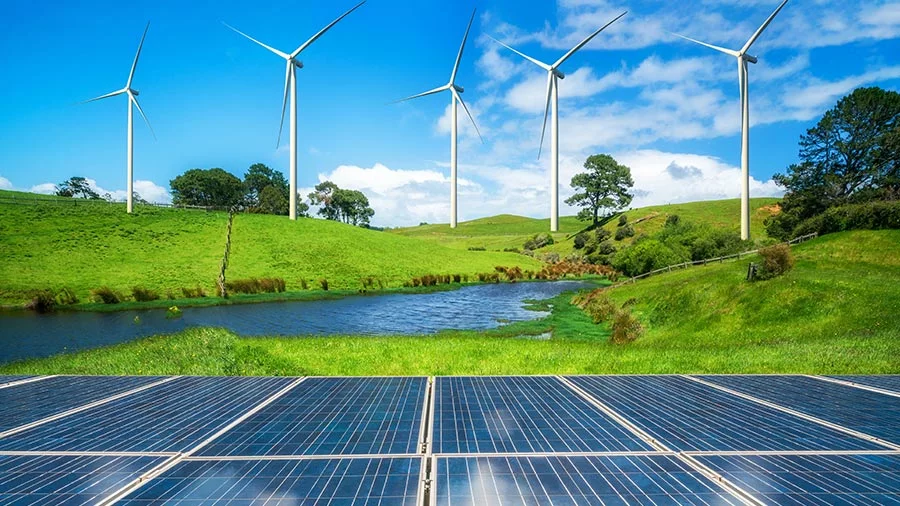Clean energy has become a top priority in the European Union’s agenda, especially through its extensive innovation funding programs. The European Commission has expanded support schemes for renewable energy technologies, industrial efficiency, and advanced energy storage systems. These initiatives aim to significantly reduce emissions while boosting energy independence. Moreover, member states are encouraged to collaborate across sectors, from research to commercial deployment. As Europe faces global energy crises and climate challenges, its innovation-based approach is increasingly relevant. These efforts not only generate new technologies but also create jobs. Selected projects receive funding through various channels, including Horizon Europe and the Innovation Fund. With a strengthened regulatory framework, the impact of these programs is becoming visible across sectors.
Clean Energy Takes Center Stage in Horizon Europe
Through Horizon Europe, the EU allocates billions of euros to fund cross-disciplinary projects. This program supports basic research, technology development, and industrial collaboration. A major strength is its ecosystem approach, engaging universities, startups, and major industry players together. Projects are assessed not just for their technical value but also for social impact and market viability. Ideas that once existed only as prototypes are now entering commercial demonstration phases. For instance, CO₂-based synthetic fuel technology is gaining traction in the aviation sector. The EIC Accelerator provides tailored support to small companies scaling up innovative solutions. This inclusive model enables players of all sizes to contribute meaningfully to the transition.
Innovation Fund Powers Climate-Friendly Technology
The Innovation Fund offers strategic financing for low-carbon technologies. Its standout feature is the ability to allocate hundreds of millions of euros to individual projects. It focuses on high-emission sectors like steel, cement, and chemicals—areas difficult to decarbonize. Funding targets technologies beyond the research stage and ready for industrial-scale deployment. Several pilot plants in Germany and the Netherlands are now operational using local resources. In addition to direct funding, the program promotes transparency in emissions reporting and energy efficiency. With a rigorous selection process, only the most promising innovations are approved. Projects must also demonstrate potential for replication and long-term climate and economic impact.
Sustainability Strengthened by Policy and Partnerships
The success of innovation funding relies not only on capital but also on adaptive policy frameworks. The EU now enforces regulations that actively support rapid clean energy adoption. A cornerstone is the European Green Deal, which integrates sustainability across economic policies. These regulations accelerate the rollout of new technologies by offering incentives and market certainty. Furthermore, cross-border collaboration helps speed up knowledge sharing. Several joint technology hubs are being developed to test and scale solutions across member states. This creates synergy between research, policy, and industry. With such a comprehensive strategy, the EU shows that innovation is not just about technology—it’s about building a supportive ecosystem for transformation.
